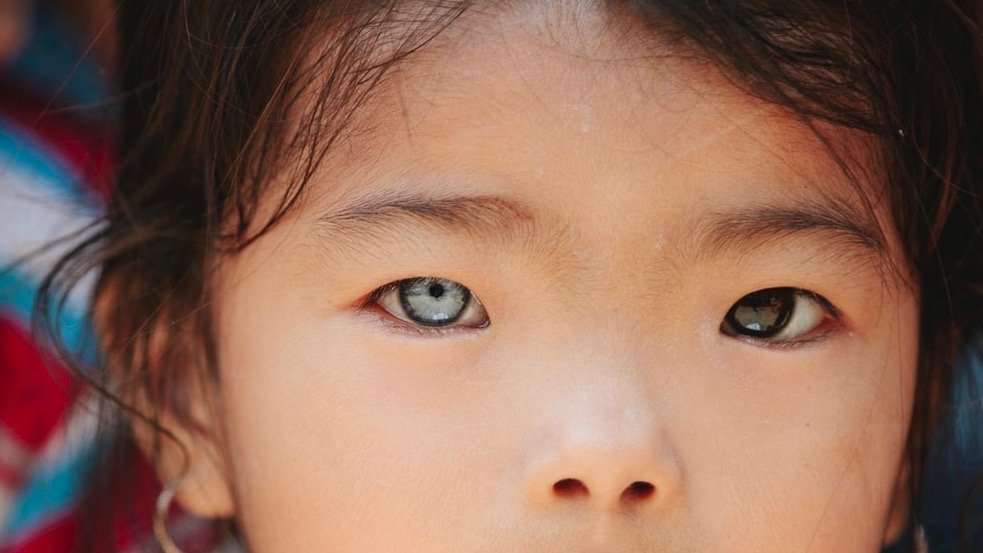With growing appearance of the mixed-race in the media today comes a notion that Japan is becoming more globalised with the new face of Japanese. But is it really?
Tennis superstar Naomi Osaka’s victory in the US Open last year sparked debates on what it means to be Japanese, according to the Asahi Shimbun, and the identity debate still lingers on ahead of 2020 Tokyo Olympics.
The Asahi Shimbun also points out that the visibility of the mixed-race athletes in Japan is going to increase as the 2020 Tokyo Olympics approach and the country is homed in to hunt for competitors in sports where the country has little history.
Naomi Osaka who was born in Japan to a Japanese mother and a Haitian father won the Grand Slam title as the first player from Japan, making her one of the most prominent targets of identity questioning. Naomi Osaka says about her identity: “I just think that I’m me.”
In Japan, there are many more people of mixed roots in every field than imagined today.
However, the prevalence of the mixed-race, aka hafu (from the English word “half” – as in half Japanese), does not necessarily lead to further discussions on the issues of identity and belonging that they face.
Despite the ongoing globalisation and diversification, certain stereotypes and prejudices remain for the mixed-race people in Japan.
People used to call me ‘Chocolate’
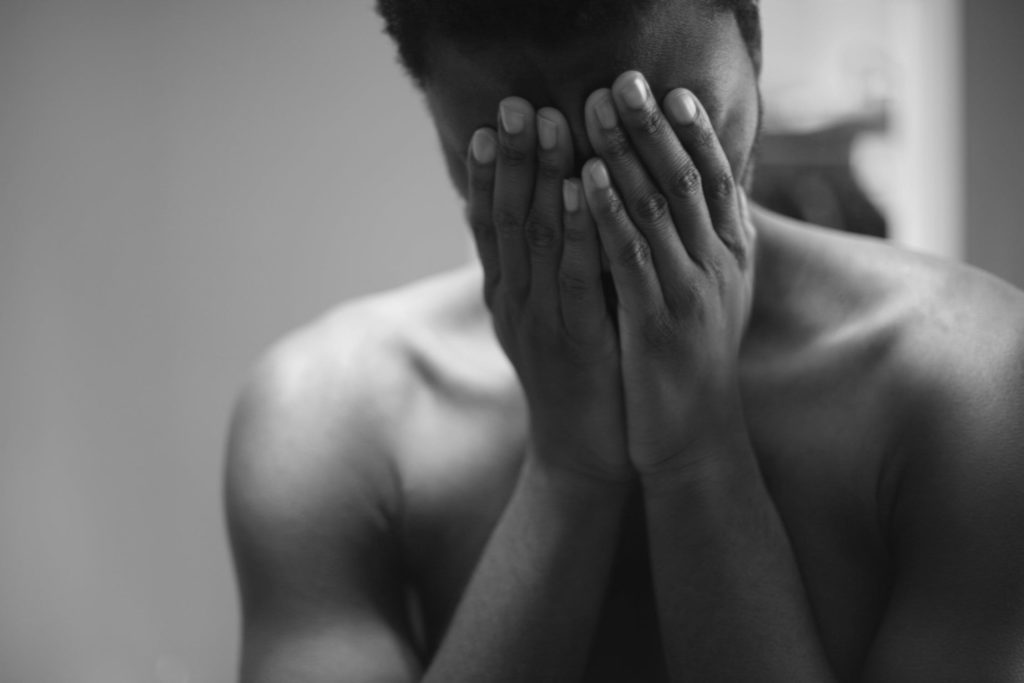
Hiroki was born in Japan to a Japanese mother and a Ghanaian father. He moved to Ghana when he was only three months old and moved back to Japan at the age of three.
“It was like a couple of months after I enrolled at this local elementary school here that I realised I was ‘different’”, explains Hiroki, “I didn’t even think that I was ‘different’ until I got bullied, so that was a really harsh experience for me.”
At first, he tried not to take the incident so seriously as he thought it just could have been caused by some miscommunication, although he was speaking Japanese just like the rest of his classmates.
“When the situation got physically violent towards me, I officially realised that I was getting bullied, and after that point I didn’t want to go to school anymore”, says Hiroki.

Whenever he went to school, other kids around would not stop making fun of him with derogatory references such as “chocolate” which apparently referred to his darker skin.
He had even thought about physically avenging the kids who were bullying him, but Hiroki who comes from a good family that value justice and moral did not actually act upon his anger and instead dealt with the situation composedly.
“Maybe one reason I didn’t or couldn’t fight back against the bullies was because I didn’t have much pride or confidence in myself”, explains Hiroki.
“So, I decided to join a track and field club in junior high. Soon after that, I realised that I was good at something in my life which was sprinting, and then I couldn’t care less about having got bullied anymore. I guess you could say sprinting helped accept myself just the way I am.”
Taking advantage of his own athletic skills, he got into one of the universities with the most alumni in the sports industry. However, it was not long after he was beginning to construct his identity as Japanese that he was approached by police officers.
“One day, I was on my way home from a night out with my friends. Suddenly, police officers showed up out of nowhere and said, ‘Hey you, stop’. As I turned out I was told to present my ‘alien registration card’, which I obviously didn’t have”, recalls Hiroki.
“I was walking kinda zigzag because I was tipsy. Then, cops showed up and they probably thought I was high on some drugs or something. So, in confusion I was like ‘What the hell? I’m Japanese. I don’t have it.’ Then, the cops were like ‘You mean you lost it.’”
Fortunately, it was not too late at night and his mother who had just finished work witnessed the scene on her way back home. His mother explained that he was a Japanese citizen of mixed race and the police officers let them go instantly.
Hiroki describes this experience as “gut-wrenching”, that made him question about his own identity for the first time after getting bullied back in elementary school.
He says that despite his non-Japanese appearance he identifies himself as Japanese rather than Ghanaian given that he has lived in Japan for the most of his life.
“Although I do have Japanese mentality and I think it’s even stronger than my other half, Japanese people still treat me like a foreigner because of my skin colour” explains Hiroki.
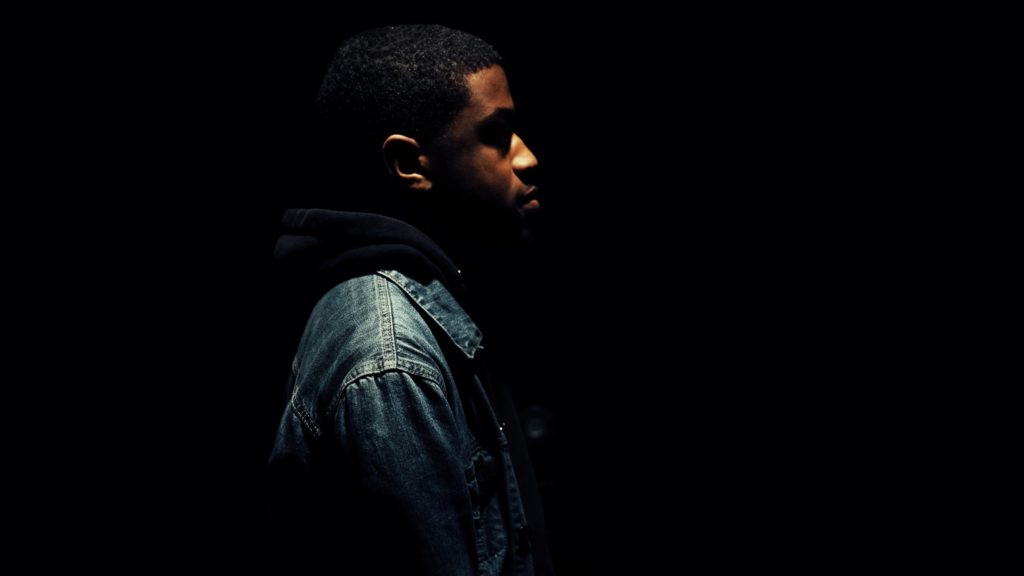
“But I’m okay with what I am today thanks to some people I met in my life. It is always people who can either bring you up or down, and I encourage people to try new things. It’ll help develop your identity.”
Hiroki now works in welfare in Japan and describes his workplace as “a peaceful environment”. However, he still receives unwanted attention outside work on a daily basis, with the incident of the police officers exemplifying just that.
“People said right to my face they hated my country”
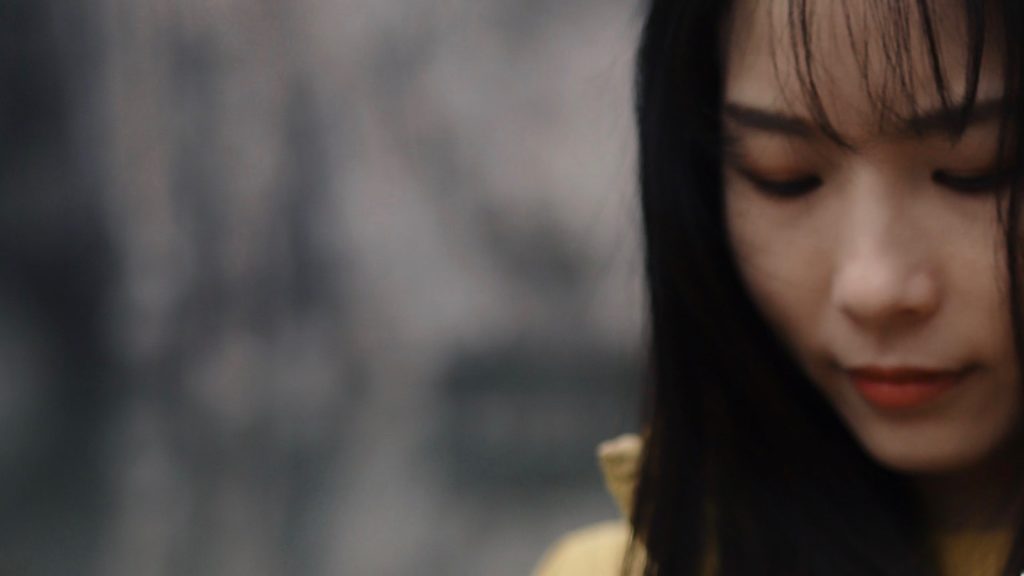
Kana was born in Shanghai to a Chinese mother and a Japanese father. She grew up in China until junior high school and moved to Japan just before she got into a local high school.
As she grew up speaking both Chinese and Japanese, she did not have trouble expressing herself in either of the languages, but she moved to Japan only to feel that she was not supposed to speak Chinese.
“Even though I’m hafu, both of my parents are Asian. So, I thought I would easily blend in.” says Kana, “But I was wrong. Some Japanese people even to this day have twisted misperceptions of China and Chinese people, and I didn’t know that before coming here.”
“As I went on to high school, I said I was from China but born to a Japanese father. People froze a little bit and just said ‘Well, okay’. It was not a straight-up discrimination, but I was given a cold shoulder for something I just could not choose.”
Throughout her time at high school, there was only a handful of friends who treated her as one individual person regardless of her background, which led her to think that “there was some kind of stigma to be Chinese in Japan, even if just half.”
Due to this experience, she decided not to come out as half Chinese at university. “As long as I don’t reveal it, people just treat me like a normal Japanese, so I thought it would be a safe bet and it was… at least for a little while”, recalls Kana.
“But I was taking a debate class at Uni and one day we were debating about political relations between Hong Kong and China. Then, some people in my group started to severely criticise my other country. In the end, they said they hated China… right to my face”, says Kana.
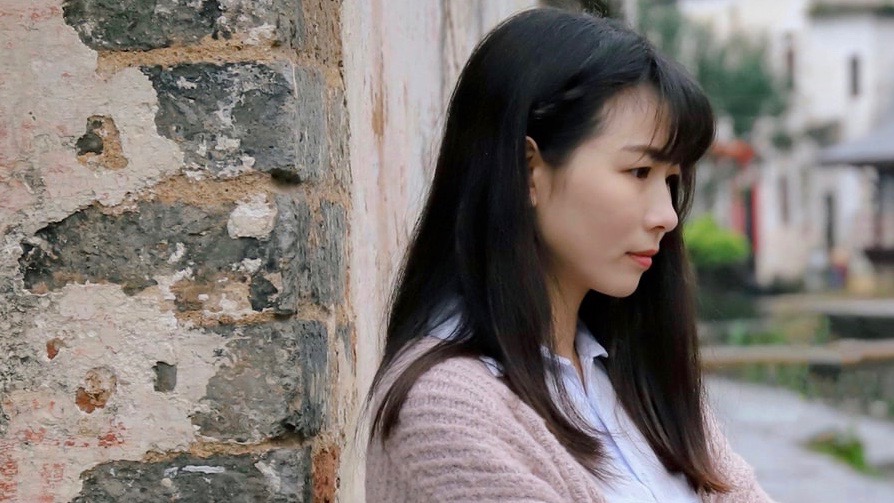
Certainly, they did not know that Kana was half Chinese. Had they known the fact they might have either toned down their argument or thrown all the criticism at her as if she was the representative of China.
“I felt like my heart was ripped out in public or something. It was that painful to hear it from people of your half ethnic identity.”
Problems like this demonstrate that issues of identity and belonging can very likely be influenced by external issues such as politics and society in particular.
“I was scared of being told ‘you don’t look like hafu’”
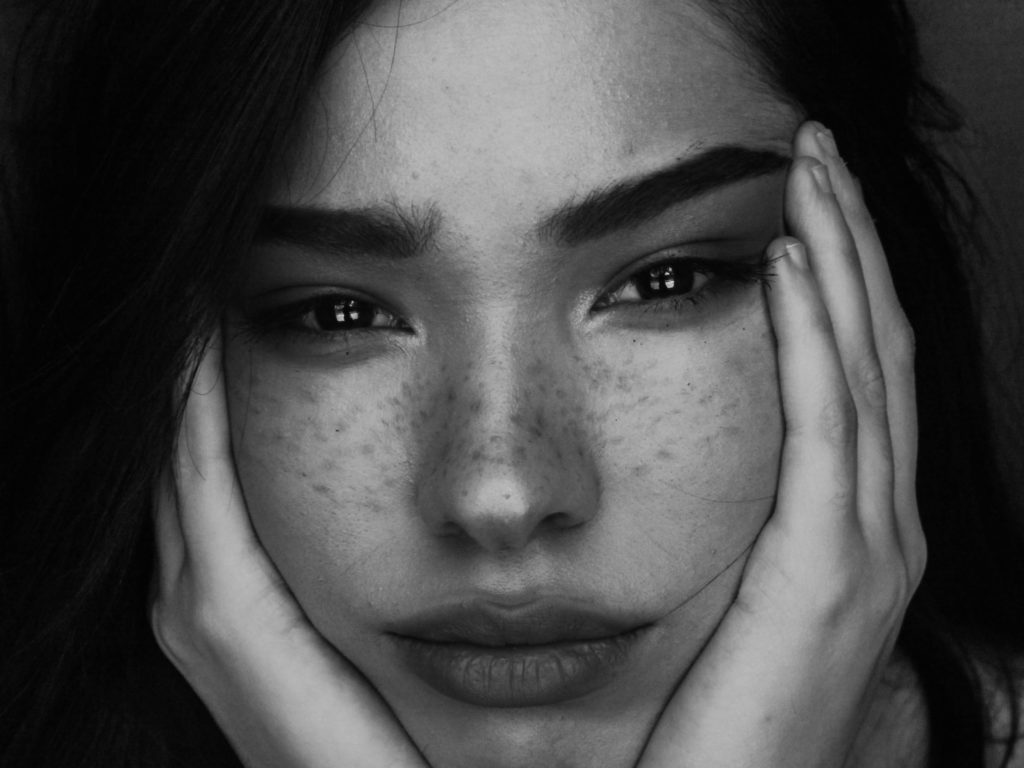
Christina was born in Japan to a Japanese mother and an Australian father. She was born and raised in Japan, but because she attended international schools except for university she had always been surrounded by people from similar backgrounds and upbringing.
“Never had I been in a serious situation where I had to consider if I looked more Asian or White before I got into a university in Japan”, explains Christina.
“At Uni, as soon as I met new people I was immediately asked if I was hafu and got compliments on my hair and stuff. That made me feel good at first. But one day when I was eating something Japanese, one of my girlfriends said ‘Oh my god, you look so Japanese eating that! Like you’re not even hafu!”
Christina felt as if her other half identity as Australian was somewhat rejected by someone she would spend most of her time with at university. After that point, she realised that she was always being compared to other hafus, which made her feel like she was not hafu enough.
“I think Japanese people have this stereotypical frame of hafus where, if you’re a girl, you have to be cute and tall with fair skin with good English skills, and if you’re a guy, you have to be tall and muscular like Hollywood stars.”
“As a hafu growing up in Japan, being put into this stereotypical frame of hafu really pressurised me into thinking I didn’t look White enough and things like that.”

To meet their expectations, Christina even tried some specific makeup that was supposed to bring out her western facial features even more, which backfired.
“With that makeup on, I went to Uni with full confidence only to be told by my friends that: ‘Oh wow, you kinda look more Japanese today.’ This literally made me feel demoralised and depressed”, explains Christina.
She eventually began to feel humiliated about even trying so hard to look like the ideal image of hafu when she actually was hafu. Consequently, she stopped going to university.

History of Hafu
So, why do people in Japan have such stereotypes and prejudices?
Watch the explainer video down below to find out.
When Japanese people say hafu they are mostly referring to people of Japanese heritage and Caucasian heritage like Christina. While they tend to be considered a tangible example of eye appeal, the pressure placed upon them does more harm than good. Other kinds of hafus like Hiroki and Kana, in comparison, are considered outsiders rather than Japanese with mixed roots.
While more and more mixed-race people are appearing in the media spotlight in Japan, there is still an inadequate amount of attention to and understanding of the struggles they have been through growing up.
With 2020 Tokyo Olympics taking place in just about a year, Menju Toshihiro, managing director of the Japan Centre for International Exchange, says that there is an ongoing debate on whether or not to loosen the immigration policy so that the country can employ more foreigners and diversify the society, thus providing tourists with much better services and experiences staying in the country.
Globalisation and diversification are often discussed as new measures towards some international events, but the mixed-race people in Japan have been an existing fraction of the population that already represents globalisation and diversification.
This insinuates that the fact that those mixed-race people in Japan have not been talked about as a potential great force to encourage the society to be even more understanding to the globalised society, but rather as an object to be either frowned upon or stared at in immense curiosity and jealousy combined.
Again, there already exists a global Japan within itself, and yet the country unfortunately does not quite see it. This surely is a global phenomenon occurring in the country since the post-war period.
If or when the country finally begins to beware of its ignorance of the racism issues and do more to educate the general public on questions such as what it means to be Japanese nowadays, then the country might get a little closer to a cosmopolitan society where the pure Japanese and the Japanese with unique roots can coexist in peace.
